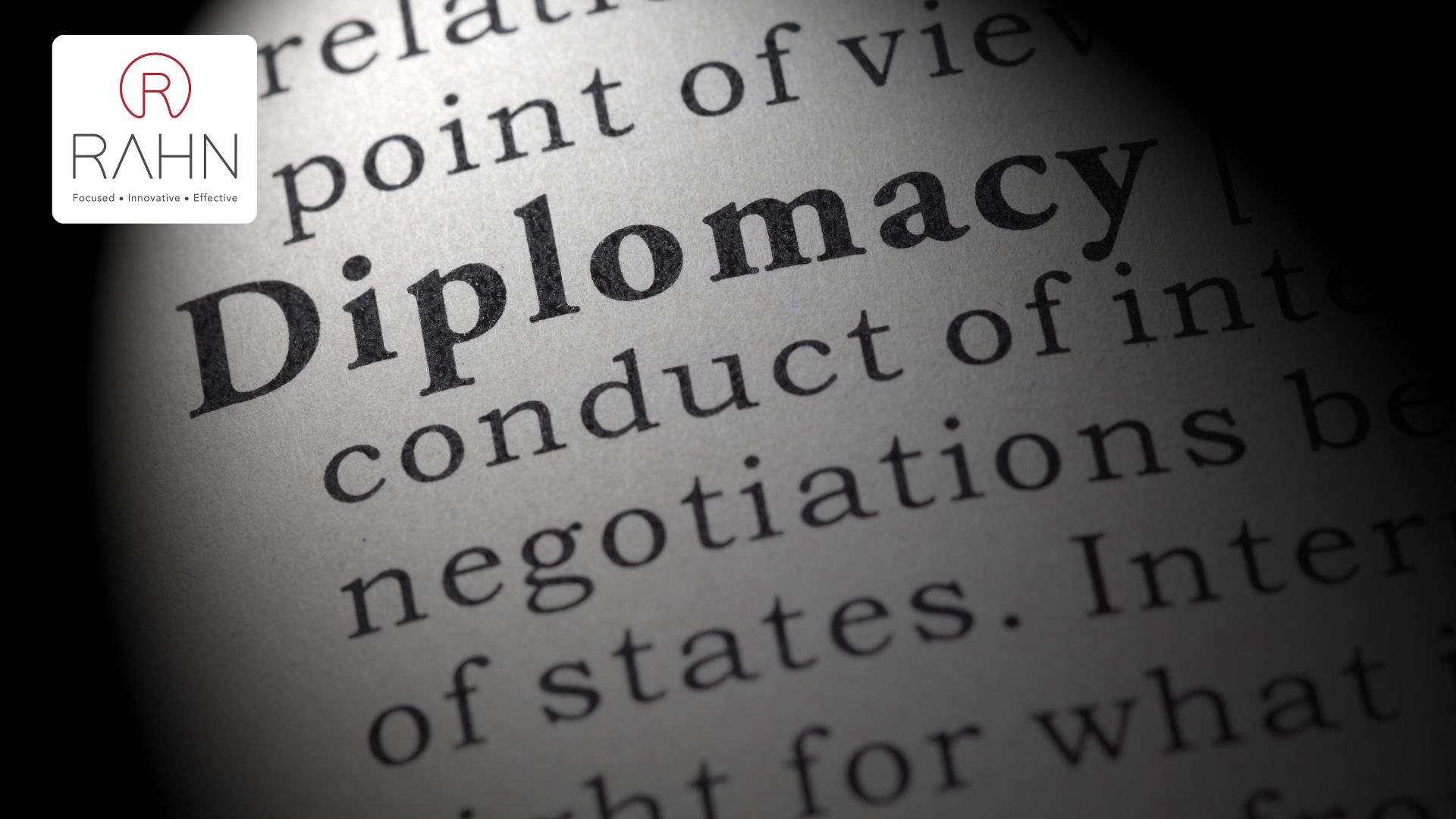The Importance of Choosing the Right Diplomat to Represent Your Country Abroad
Choosing the Right Diplomat: The Keystone to Strengthening Global Ties
Why Choosing the Right Diplomat Matters
Choosing the Right Diplomat is essential. Diplomats serve as the bridge between nations, fostering relationships, negotiating trade deals, and ensuring the interests of their home country are protected. Appointing the right individual for this role is crucial, as an unqualified or ill-suited diplomat can damage diplomatic relations, hinder economic opportunities, and even spark political tensions.

The Consequences of Poor Diplomatic Representation
Choosing an ineffective or unqualified diplomat can have serious repercussions:
- Strained International Relations: A diplomat who lacks cultural awareness or negotiation skills may struggle to build positive relationships.
- Economic and Trade Setbacks: Trade agreements and investment opportunities could be lost due to poor negotiation tactics.
- Security Risks: Weak diplomatic ties can result in a lack of cooperation on international security matters.
- Reputational Damage: A diplomat who fails to uphold their country’s values can tarnish the nation’s global image.
Who Is the Right Individual for the Role?
A successful diplomat typically possesses:
- Strong Communication & Negotiation Skills – Essential for fostering agreements and resolving disputes.
- Cultural Intelligence & Adaptability – Understanding the host country’s customs and values is crucial.
- Political & Economic Acumen – A deep understanding of international policies and trade agreements.
- Integrity & Professionalism – Representing the country with dignity and ethical responsibility.
- Crisis Management Skills – The ability to handle conflicts and emergencies effectively.
How Are Diplomats Graded and Why?
Governments often assess diplomats based on:
- Experience & Qualifications: Prior roles in government, international relations, or trade.
- Language Proficiency: The ability to communicate in the host country’s language.
- Track Record of Success: Past achievements in diplomacy or foreign affairs.
- Leadership & Crisis Response: Performance in high-pressure situations.
- Reputation & Conduct: Upholding national values and avoiding controversy.
Do Diplomats Influence Sanctions?
Yes, skilled diplomats can play a critical role when their country faces the possibility of international sanctions. Their influence can help mitigate the severity of sanctions or even prevent them altogether by:
- Engaging in Diplomatic Negotiations: Lobbying to reduce restrictions through dialogue with international allies.
- Building Strategic Alliances: Strengthening relationships with influential countries that may oppose or lessen the impact of sanctions.
- Offering Policy Compromises: Facilitating agreements that address concerns without leading to severe economic or political isolation.
- Managing Damage Control: Developing contingency plans to safeguard trade, banking, and investment channels in case of sanctions.
For additional perspectives on diplomacy and sanctions, consider reading the Brookings Institution on Diplomacy and exploring resources at the U.S. Department of State.
A well-respected diplomat with strong global networks can be a country’s best asset in maintaining stability during politically sensitive times.
Appointing the right diplomat is a strategic decision that impacts international relations, trade, and national security. By selecting individuals with the right expertise, experience, and integrity, countries can ensure effective diplomatic representation and long-term global success—especially during times of crisis or potential sanctions. Ultimately, Choosing the Right Diplomat not only enhances diplomatic ties but also safeguards national interests in a complex international landscape.